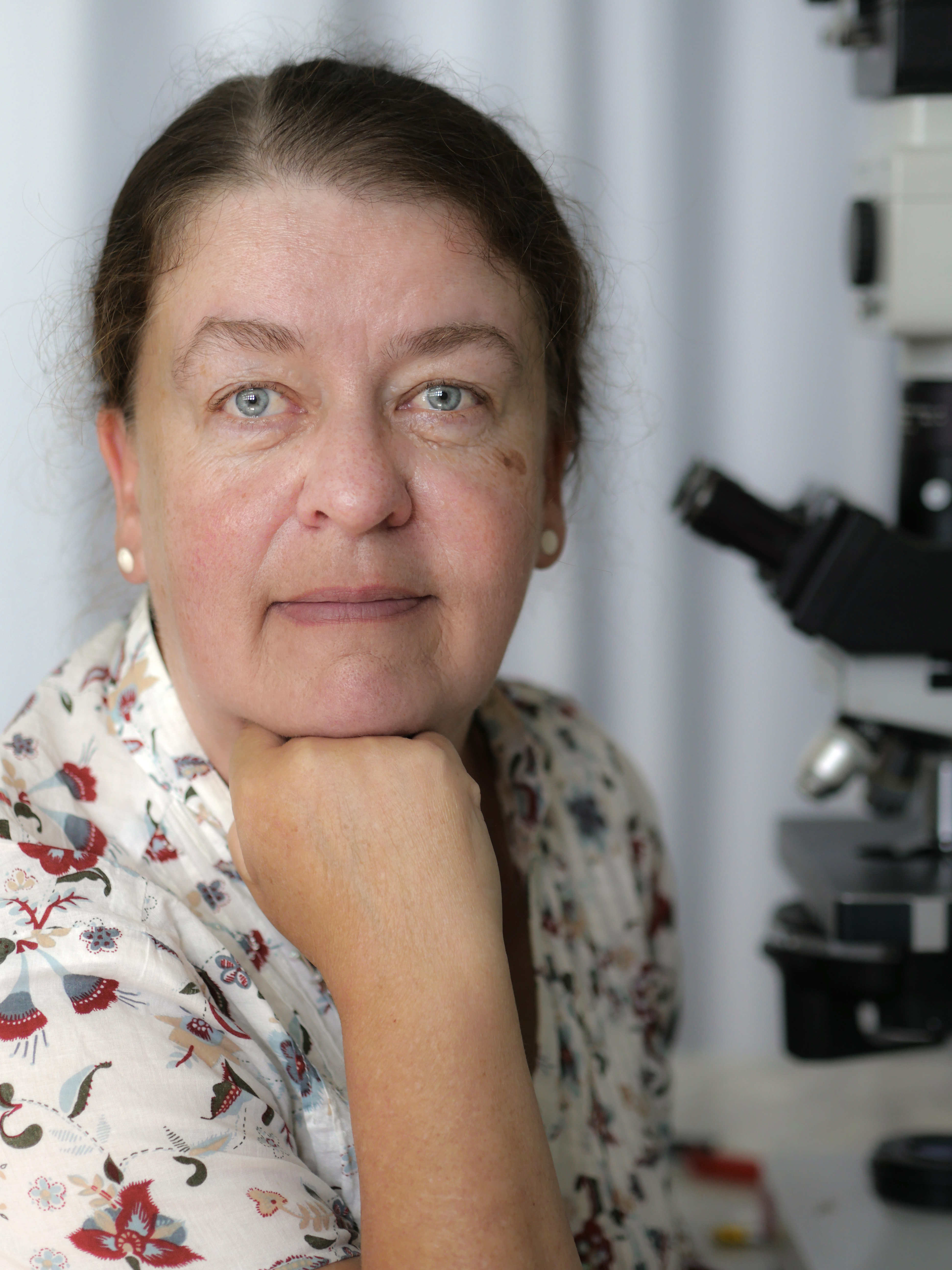Prostate Cancer Scientists
Dr. Julian Kim

Current Positions/Affiliations
Julian Kim is a radiation oncologist at CancerCare Manitoba, and an Assistant Professor of Radiology in the Rady Faculty of Health Sciences at the University of Manitoba.
Research Interests
- Metabolomic profiling of Lung Cancer
- Polygenic Risk Profiling for Breast Cancer Prevention
- Androgen Deprivation Therapy for Prostate Cancer
- High Precision Radiotherapy Treatment Delivery (Real Time Transponder Beacon Guided Radiotherapy for lung and breast cancer patients)
Current Research
Dr. Kim is leading a study assessing a technique to diagnose non-small cell lung cancer using blood samples in order to speed up the diagnosis and treatment of non-small cell lung cancer. The diagnostic tests currently used to identify specific types of lung cancer from tumour biopsies can often take a month or longer. Since lung cancer often presents at a late stage and can grow quickly, timely diagnosis is imperative in order to initiate treatment prior to the disease spreading in the body. Dr. Kim is using an artificial intelligence technique called machine learning to analyze blood samples from Manitoba lung cancer patients to search for metabolomic signatures or patterns that identify lung cancer, which would speed up diagnosis and allow treatment to begin sooner. This study is funded by the Canadian Institutes for Health Research and the CancerCare Manitoba Foundation.
Dr. Kim is also leading a Phase II randomized clinical trial (The PREMIUM Trial) testing a common diabetes medication (Metformin) that has the potential to reduce unwanted side effects experienced by men with prostate cancer who are treated with androgen deprivation therapy (ADT) and radiotherapy. ADT causes many prostate cancer patients to gain weight, which can lead to elevated blood pressure, blood sugar, and cholesterol. Metabolic syndrome occurs when all of these conditions occur together. Metabolic syndrome increases the risk of heart disease, stroke, and diabetes, so this study has the potential to reduce these other health risks for men with prostate cancer. This study is funded by the CancerCare Manitoba Foundation and the Alberta Cancer Foundation.
Dr. Kim is also a co-principal investigator of a joint clinical study with the Mayo Clinic (The GENRE Study) which is examining the impact of a new genetic test that predicts a women’s risk of developing breast cancer. The study’s goal is to determine if women who learn they are at high risk of breast cancer are subsequently more inclined to take Tamoxifen and other drugs that reduce their risk of getting breast cancer.
Selected Publications
1) Julian Kim, Charles Butts, Wilson Roa et al. Dose-escalated Hypofractionated Intensity-Modulated Radiation Therapy With Concurrent Chemotherapy For Inoperable or Unresectable Non-Small Cell Lung Cancer. American Journal of Clinical Oncology. Vol 40(3), June 2017.
2) Julian Kim, Faith Davis, Charles Butts, Marcy Winget. Waiting Time Intervals for Non-Small Cell Lung Cancer Diagnosis and Treatment in Alberta: Quantification of Intervals and Identification of Risk Factors Associated with Delays. Clinical Oncology. Vol 28 (16), Dec 2016.
3) Rene Razzak, Eric Bedard, Julian Kim, et al. MicroRNA expression profiling of sputum for the detection of early and locally advanced non-small cell lung cancer: a prospective case-control study. Current Oncology, Vol 23, No 2, April 2016.
4) Julian Kim, Sayf Gazala, Eric Bedard et al. Non-Small Cell Lung Cancer Detection Using MicroRNA Expression Profiling of Bronchoalveolar Lavage Fluids and Sputum. Anticancer Research. Vol 35, No 4, April 2015
5) Julian Kim, Roy Ma, et al. Long-Term Outcomes of Fractionated Stereotactic Radiotherapy (FSRT) For Pituitary Adenomas at the BC Cancer Agency (BCCA). International Journal of Radiation, Biology, Physics, Vol 87, No 3, Nov 2013.
Dr. Sabine Mai

Dr. Mai was the first to show that the oncogene c-MYC drives the onset of genomic instability and nuclear genome remodeling, which she identified as a characteristic feature of cancer cells. This concept was recently recognized as a critical advance in molecular medicine and featured in the Cold Spring Harbour Perspectives in Medicine book “Myc and the pathways to cancer”. Dr. Mai was first to demonstrate telomere-dependent nuclear genome remodeling in cancer that serves as a mechanism of tumor initiation and progression, and also as a structural biomarker for cancer aggressiveness. To measure cancer genome remodeling, she applied quantitative 3D nuclear telomere imaging and analysis tools in translational research studies to multiple cancer sites including Hodgkin’s lymphoma and multiple myeloma. Her work showed that 3D nuclear telomere analysis is a powerful tool to stratify patients into distinct groups of stable and aggressive disease, which will, upon successful translation to the clinic, enable personalized cancer treatment decisions. This novel approach of 3D nuclear re-organization as a structural biomarker in cancer provides the first evidence that 3D nuclear telomere organization can be used as a hallmark of clinical decision-making.
Dr. Mai created the Genomic Centre for Cancer Research and Diagnosis (**GCCRD** link) at U Manitoba, a world-leading imaging facility with four grants from the Canada Foundation for Innovation (over $13M). The GCCRD features the first super resolution imaging facility in North America. Dr. Mai was first to study the 3D spatial organization of the cancer cell genome by super resolution microscopy, allowing for unprecedented insights into the cancer cell genome.
Over her career, Dr. Mai has trained over 1500 national and international students, postdoctoral fellows, scientists and clinicians, and has conducted advanced imaging courses in other countries including Thailand which helped in setting up 34 new imaging facilities there. Over the past 5 years, Dr. Mai has given 46 invited lectures, organized an international Imaging Symposium (2014), co-organized World Cancer 2016 in London (UK), and chaired sessions in this and other conferences. In 2015, Dr. Mai was recognized as one of the “Top 100, Canada’s Most Powerful Women” in the category of trailblazer and trendsetter to honor her engagement in research and training, and her work in translating her research from the bench to the bedside.
Contact information:
6046-675 McDermot Ave
Winnipeg, Mb R3E 0V9
(204) 787-2135
Email: Dr Sabine Mai PhD

